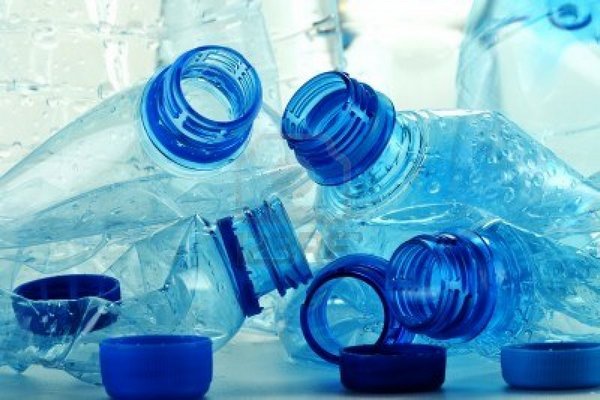Is Bpa Free plastic really safe? Bisphenol A or Bpa is a synthetic substance used in the production of plastics that can be present in various products used as containers for food and drinks.
Don't store avocado like this: it's dangerousLa plastic Bpa Free is it really safe? Bisphenol A o Bpa is a synthetic substance used in the production of plastic that can be present in various products used as containers for food and drinks.
The Bpa is also a endocrine disruptor, that is, a substance that can potentially interfere with the proper functioning of our hormonal system. Since these risks have emerged from scientific research, the world of plastics has begun to transform and some companies have begun to declare how Bpa Free their own plastic products and to put it on the packaging to warn consumers.
However, it still remains to be understood whether bisphenol A-free plastics are really safe because the problem is the real harmlessness of the substances with which the Bpa is replaced. Some time ago, for example, we told you about bisphenol S and the doubts that emerged about its safety as a substitute for bisphenol A.
Read also: BISPHENOL S: IS THE BISPHENOL A SUBSTITUTE ALSO HARMFUL?
A study conducted in 2015 warned us against the advocates of bisphenol A which in addition to bisphenol S include the bisphenol F. French experts, in particular, are in doubt about bisphenol A substitutes because:
"While their chemical structure is very similar to that of bisphenol A, their potential harm to humans or animals has never been tested and these substances are not subject to regulation."
French researchers especially fear that bisphenol S and bisphenol F. may have negative effects on our health, with particular reference to the risks for male fertility.
Read also: BISPHENOL SE BISPHENOL F: A NEW STUDY GUARDS BISPHENOL A SUBSTITUTES
A study conducted by UCLA and published in the scientific journal Endocrinology shows concern for negative effects of bisphenol A substitutes on marine organisms. Boa is a known endocrine disruptor that over the years scientific research has linked to brain and developmental problems in children, early puberty, increased risk of breast and prostate cancer.
The most common substitute for bisphenol A according to experts is bisphenol S, a substance that still leaves many doubts regarding its safety. According to the researchers, bisphenol A and bisphenol S could have negative effects on the endocrine system and affect the functioning of the thyroid gland.
A 2013 study by Texas researchers found that exposure to bisphenol S can interfere with the normal functioning of a cell and cause their death.

The lack of transparency on the type and safety of bisphenol A substitutes is making it very difficult to find safe products. For years now, the European Union has banned i baby bottle with bisphenol A, but will it be true that the products now on the market do not contain harmful substances? As for the United States, the FDA in 2012 banned the use of BPA in baby bottles, baby glasses and baby food packaging. But it is not known whether the alternatives to Bpa chosen by the companies are really safe.
Read also: BISPHENOL BOTTLE IN OUTLAW FROM MARCH 2011. DIRECTIVE PUBLISHED IN THE GAZETTE
Bpa can be found in plastic bottles, cans, food containers, plastic tableware and plates, contact lenses, eyewear and more. According to Breast Cancer Fund Bps, as a substitute for Bpa, can be found in cosmetics and hygiene products but also in high-temperature printed paper, including tickets, flyers, receipts and receipts.
Read also: BISPHENOL A: IS IT REALLY IMPOSSIBLE TO REMOVE BPA FROM PLASTIC AND RECEIPTS?
The spread of bisphenol S as a substitute for bisphenol A is evident in the United States because this substance is present in the urine of almost 81% of citizens.
A study conducted in 2011 found that almost all 455 plastic products commercially available and subjected to special tests released synthetic estrogen. A further study by the University of Cincinnati pointed out that Bpa and Bps can cause cardiac arrhythmia and are able to block one of the estrogen receptors on an animal model. At this point, the real effects of these substances on human health should be known.
Read also: BISPHENOL A: 10 WAYS TO LOWER THE EXPOSURE OF THE WHOLE FAMILY
Pending further research we try to avoid plastic as much as possible when it is not essential. For example, you can get used to not using plastic plates, glasses and cutlery and to replace plastic food containers or the bottles themselves with glass alternatives.
Marta Albè


























